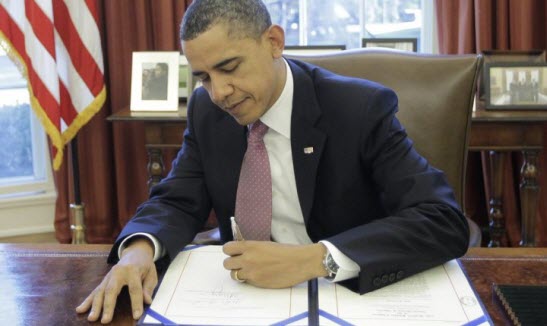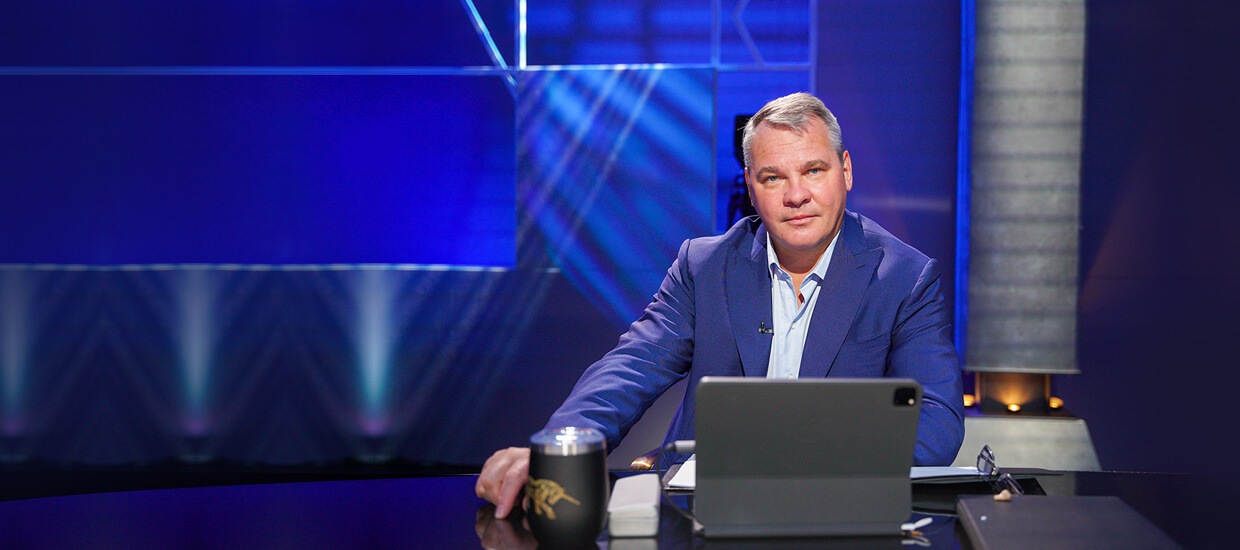Ley "SOPA": una pausa necesaria

El freno momentáneo a la controvertida ley "SOPA" deja al descubierto la complejidad del dilema: cómo luchar contra la piratería sin limitar la circulación de la información y el conocimiento en Internet.
La lluvia de críticas desatada por la llamada ley "SOPA" ("Stop On Line Piracy Act" por sus siglas en inglés) tuvo su primera consecuencia concreta: el Congreso estadounidense ha decidido congelar su tratamiento. La decisión se produjo pocas horas después de la negativa oficial de la Casa Blanca, que ve en ella más riesgos para la libertad de expresión que eficacia en la lucha contra la piratería. La postura del gobierno de Barack Obama parece sintonizar ahora con la de los "gigantes" de Internet, que ya se habían plantado firmemente contra la iniciativa. Y es que Google, Facebook, Twitter y Wikipedia (entre otros) entendieron rápidamente que el proyecto es una respuesta desproporcionada a la piratería y que su aplicación afectará no sólo el volumen de la información que circula por la red, sino también su calidad y accesibilidad. En uno de sus puntos más controvertidos, la ley plantea el bloqueo de cualquier sitio web que contenga enlaces hacia contenidos protegidos por derechos de autor. En términos prácticos, esto significa que sitios tan populares como Yahoo!, Wikipedia y Twitter se verán prácticamente imposibilitados de funcionar. Ni siquiera los motores de búsqueda, incluido Google, estarían exentos de ser "apagados" si incluyen en sus resultados páginas que eventualmente infrinjan los derechos de propiedad intelectual. ¿Y los usuarios? También pueden ser los grandes perdedores puesto que Facebook, Twitter y cualquier otra red social deberán vigilar que cada uno de ellos no comparta enlaces o archivos potencialmente infractores. También Google ofrecerá necesariamente muchos menos resultados y Wikipedia, esa gran construcción colectiva de conocimiento, tendrá prácticamente cortadas las alas: cualquier compañía que alegue violación al copyright a partir de un enlace colocado en sus contenidos podrá pedir que se bloquee el sitio. Los puntos más polémicos Ahora, con la postergación momentánea del debate, es muy probable que la protesta prevista para el miércoles también quede en suspenso. El "día sin Internet", al que habían adherido los sitios web más importantes del mundo, hubiera significado una demostración cabal de la importancia de la red en nuestras vidas: un día con 1000 millones de búsquedas en Google sin concretarse, por ejemplo. Sin embargo, la suspensión del tratamiento legislativo aún no aclara qué pasará con los puntos más controvertidos de la ley. De momento, los republicanos (promotores de la iniciativa) han sugerido suprimir el párrafo que contemplaba el bloqueo a sitios potencialmente infractores del derecho de autor. No obstante, insisten en prohibir a los buscadores el enlace a esos mismos sitios. Otra cuestión nada menor es el bloqueo a las webs que, aunque radicadas en el extranjero, distribuyen contenido que es ilegal en Estados Unidos. El tema es sensible porque su aplicación podría derivar en conflictos con otros países y porque deja flotando el interrogante sobre quiénes son los verdaderos "dueños" de Internet. Más allá del curso que finalmente tome la iniciativa, su freno deja en evidencia el dilema de combatir eficazmente la piratería sin alterar una de las grandes virtudes de Internet: la de servir como espacio libre para intercambiar información y conocimiento. Quizás por eso, esta "pausa" se ha tornado tan inevitable como necesaria.


